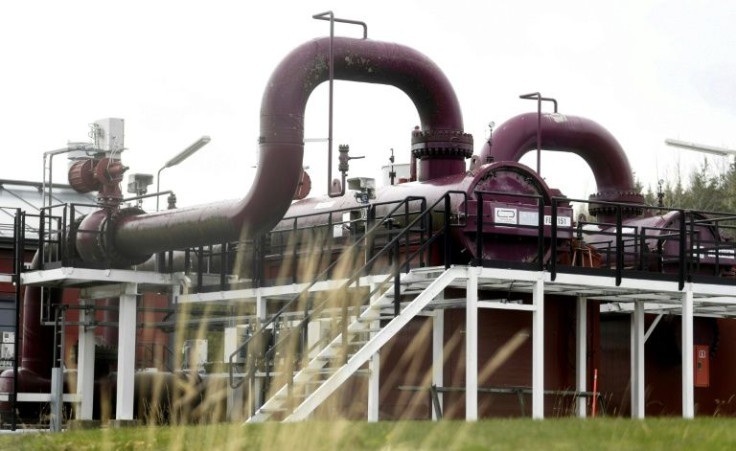Will Russia Cut Off Gas To Europe?
Economic relations between Russia and Europe go from bad to worse, with each side taking additional measures to inflict more pain on the other side. For instance, last month the EU imposed an oil embargo on Russian oil, while Russia reduced the amount of gas flowing through its pipelines to Europe.
But thus far, these measures have been more symbolic in nature rather than of material substance. The EU's embargo against Russian oil was waterdown with exceptions and exclusions that diminished its effectiveness. In addition, Moscow could find plenty of buyers for its oil like China and India, two major oil importers. At the same time, Russia's reduction of gas supplies to Europe had little impact, as it came during the off-peak season and could be made up by drawing down inventories and LNG imports.
The situation could change in this "game of the Chicken" in the energy market if Russia decides to go with the "nuclear option," cutting off Europe completely from its gas pipelines.
How likely is this scenario? What are the consequences for both sides? The consensus among experts is that this option is very likely, and it will inflict more pain to Europe than to Russia.
"Following Russia slashing its gas supplies via the Nord Stream 1 pipeline by 60% in June, the possibility of a complete supply shut down is now a realistic possibility," Liana Semchuk, a Lead Europe and Eurasia Analyst at Sibylline, told International Business Times. "Despite this, however, such a scenario is still somewhat unlikely at this stage given that the move would also prove detrimental to Russia, which heavily relies on energy exports for revenue."
Semchuk thinks the situation could become worse during the winter. "Currently, the cuts are very likely designed to demonstrate to Europe that Russia holds credible retaliatory tactics, and to further undermine unity within the EU and highlight variations in the level of support for Ukraine from different member states.," she adds. "The risk of winter supply shortages will remain heightened, however, as European governments look elsewhere to fill up their storage. This will ensure that prices remain elevated this winter regardless of whether Russia shuts off supplies completely."
Andrew Poreda, Senior ESG Research Analyst, and VP at Sage Advisory Services, is on the same page. "Since the Russians have been very successful in offloading their energy commodities to willing buyers like China and India, it is highly conceivable that the Russians elect to shut off gas to Europe," he told International Business Times. "This war has raged on with no end in sight, so we must expect some bold moves from the Russians to inflict maximum pain on those trying to thwart their efforts. The EU is trying to be aggressive in shifting away from Russian energy, but now is when they are most vulnerable."
Stathis Gianikos, President of Pushkin Institute of Athens, sees Russia's "nuclear" option expanding beyond the shutting off the gas pipelines to Europe. "Russia and China control several key materials that Europe needs to run its industries," he told International Business Times. "For instance, Russia controls the key materials France needs to run its nuclear plants. So they could cut off those, too."
Apparently, the consequences of the "nuclear" option will be dire for Europe. What about Russia?
According to Arij Van Berkel at Lux, it will be severe but manageable. "Russia exported about 155 bcm of natural gas to the EU last year. That's approximately 60% of all natural gas exports from Russia," he told the International Business Times. "If Russia cuts the export of natural gas to Europe completely, it will not be easy to export that gas to other countries instead because the export happens through pipelines. Therefore, it is safe to assume that by cutting Europe off completely, the natural gas exports by Russia will be reduced by at least 50%."
Nonetheless, Van Berkel thinks that the shortfall in the volume of exports could be made up by the higher gas prices, which have soared 400%. "Therefore, Russia could easily afford to stop exporting gas to Europe at any time," he adds.
The bottom line: Russia seems to have the upper hand in the "game of the chicken" in the energy market, but using it without Europe yielding to it could end up being disastrous for both sides, as game theoreticians tell us.

© Copyright IBTimes 2024. All rights reserved.






















